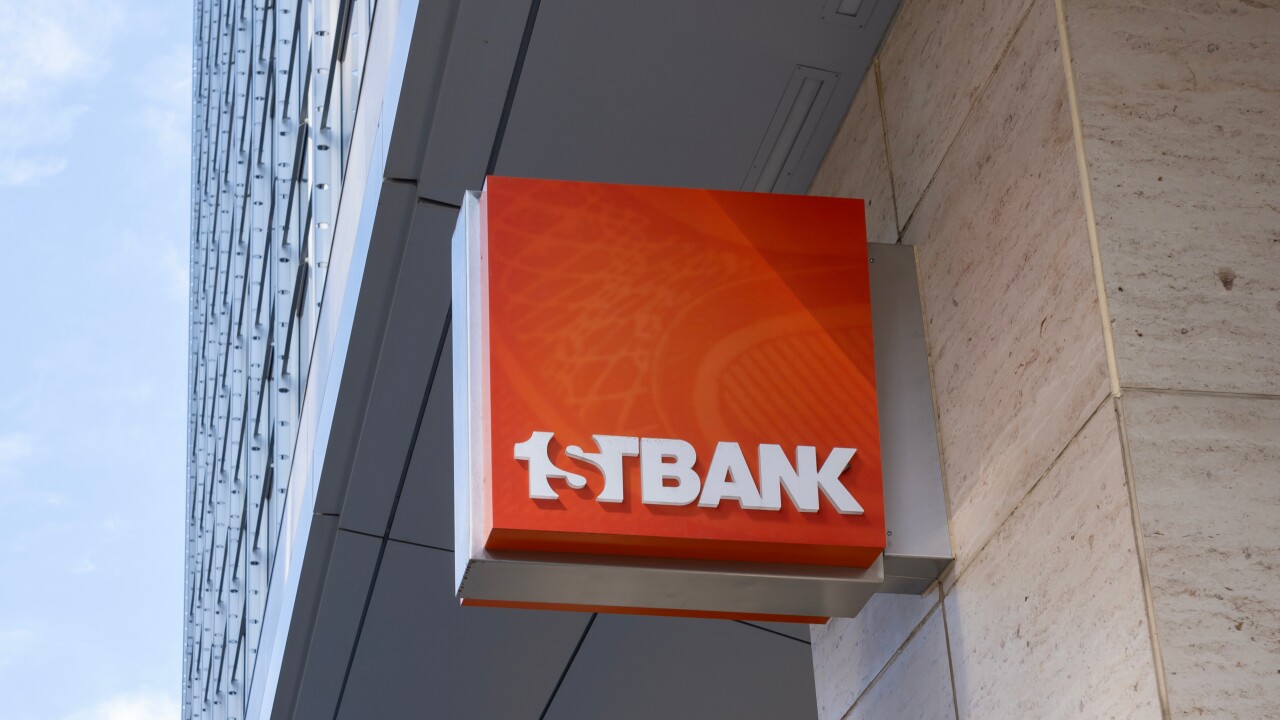"The credit card industry puts a lot of people into that [high risk] category that may not really be high risk," says Tony Gallippi, CEO of BitPay, a Bitcoin merchant services provider. "We take a different approach; we look at the legality of what people are selling."
BitPay works with all kinds of merchants some that are normally categorized as high-risk, such as gold and silver jewelry businesses, which BitPay accepts as merchants. BitPay also works with software sellers, online storage providers and travel services, which are considered risky because of their chargeback volume.
BitPay also does business with merchants selling vintage knives and other historic relics, but doesn't process for businesses selling "weapons," such as guns and ammunition, says Gallippi.
Guns and ammo sales "would be a distraction," Gallippi says. "We'd rather focus on our other business instead of constantly getting questions from regulators and dealing with lawyers and regulators and subpoenas."
Tasker Payment Gateways and
ISOs and acquirers could be even more likely to stay away from high-risk merchants now that the
Processors also sometimes get directives from the card brands to be leery of processing for certain businesses or to charge higher fees for processing for these businesses. But ultimately it's the processors' decision whether or not to work with a specific merchant.
Another high-risk category that BitPay does not process for is
Bitcoin would seem to appeal to these merchants who may not be able to accept credit cards or PayPal payments, but these merchants may also have trouble finding a Bitcoin processor, says Andreas Antonopoulos, a Bitcoin analyst with Let's Talk Bitcoin, a twice-weekly podcast.
"Bitcoin is itself a lightning rod of controversy as it is no processor would give the extra incentive to regulators and law enforcement by attaching their business to these industries, such as illicit substances and other money markets that have legal issues around it," Antonopoulos says.
Instead, merchants have started accepting payments directly to a Bitcoin wallet, Antonopoulos says. While the process is more difficult, merchants can set up a Bitcoin wallet themselves and post the address online for people to send payments too.
This "speaks to the fact that the service of accepting Bitcoin payments is a service that is temporary," Antonopoulos says. "Bitcoin already does this for free; these solutions are more about converting Bitcoin into a local currency."
But, he says, that doesn't mean it isn't smart to invest in these companies. Eventually legacy players will want to take over this business and are likely to acquire an existing company rather than start from scratch, he says.





